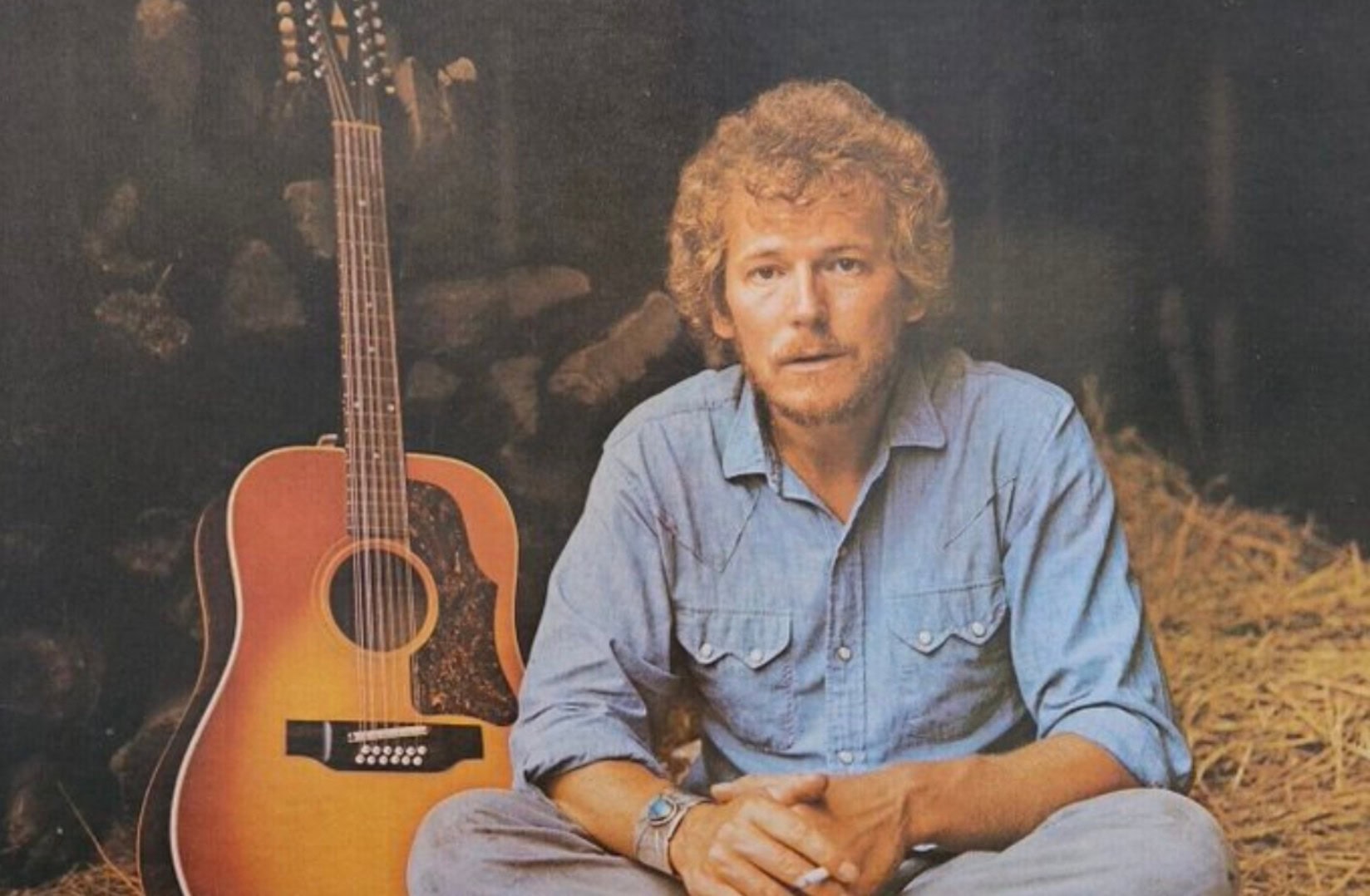
About the song
Gordon Lightfoot’s “The Wreck of the Edmund Fitzgerald,” performed live in Chicago in 1979, stands as a hauntingly poignant tribute to one of the most tragic maritime disasters in American history. Lightfoot, a Canadian singer-songwriter renowned for his narrative songwriting and rich baritone voice, brought this historical event to life through his music, capturing the somber essence of the fateful shipwreck.
Gordon Lightfoot, who began his career in the early 1960s, gained widespread acclaim with hits like “If You Could Read My Mind” and “Sundown.” By the mid-1970s, he was firmly established as a leading figure in the folk-rock scene. “The Wreck of the Edmund Fitzgerald” is featured on his 1976 album “Summertime Dream.” The song details the harrowing final voyage of the SS Edmund Fitzgerald, a Great Lakes freighter that sank in Lake Superior on November 10, 1975, claiming the lives of all 29 crew members.
Upon its release, “The Wreck of the Edmund Fitzgerald” quickly resonated with audiences, reaching number 2 on the Billboard Hot 100 chart. The song’s success can be attributed to Lightfoot’s meticulous attention to detail and the evocative storytelling that painted a vivid picture of the ship’s tragic end. The mournful melody and Lightfoot’s expressive delivery imbue the song with a sense of reverence and melancholy, ensuring its place as one of his most enduring works.
The 1979 live performance in Chicago is particularly significant, as it showcases Lightfoot’s ability to convey the deep emotional weight of the song in a concert setting. His live renditions of “The Wreck of the Edmund Fitzgerald” often included slight variations in phrasing and tempo, adding a layer of immediacy and raw emotion that resonated deeply with the audience. The performance in Chicago captured the essence of Lightfoot’s artistry – his powerful storytelling, his connection to the audience, and his ability to bring historical events to life through music.
“The Wreck of the Edmund Fitzgerald” remains a powerful piece of musical history, not only as a tribute to those who lost their lives but also as a testament to Gordon Lightfoot’s profound impact on the folk and rock genres. His ability to weave complex narratives into song has earned him a place among the most respected and beloved songwriters of his time. For those who appreciate music that tells a story, Lightfoot’s live performance of this song is a moving reminder of the power of song to capture and preserve history.
Video
Lyrics
The legend lives on from the Chippewa on down
Of the big lake they call Gitche Gumee
The lake, it is said, never gives up her dead
When the skies of November turn gloomy
With a load of iron ore twenty-six thousand tons more
Than the Edmund Fitzgerald weighed empty
That good ship and true was a bone to be chewed
When the gales of November came early
The ship was the pride of the American side
Coming back from some mill in Wisconsin
As the big freighters go, it was bigger than most
With a crew and good captain well seasoned
Concluding some terms with a couple of steel firms
When they left fully loaded for Cleveland
And later that night when the ship’s bell rang
Could it be the north wind they’d been feelin’?
The wind in the wires made a tattle-tale sound
And a wave broke over the railing
And every man knew, as the captain did too
T’was the witch of November come stealin’
The dawn came late and the breakfast had to wait
When the gales of November came slashin’
When afternoon came it was freezin’ rain
In the face of a hurricane west wind
When suppertime came, the old cook came on deck sayin’
“Fellas, it’s too rough to feed ya”
At 7 PM, a main hatchway caved in, he said
“Fellas, it’s been good to know ya”
The captain wired in he had water comin’ in
And the good ship and crew was in peril
And later that night when his lights went outta sight
Came the wreck of the Edmund Fitzgerald
Does any one know where the love of God goes
When the waves turn the minutes to hours?
The searchers all say they’d have made Whitefish Bay
If they’d put fifteen more miles behind her
They might have split up or they might have capsized
They may have broke deep and took water
And all that remains is the faces and the names
Of the wives and the sons and the daughters
Lake Huron rolls, Superior sings
In the rooms of her ice-water mansion
Old Michigan steams like a young man’s dreams
The islands and bays are for sportsmen
And farther below Lake Ontario
Takes in what Lake Erie can send her
And the iron boats go as the mariners all know
With the gales of November remembered
In a musty old hall in Detroit they prayed
In the maritime sailors’ cathedral
The church bell chimed ’til it rang twenty-nine times
For each man on the Edmund Fitzgerald
The legend lives on from the Chippewa on down
Of the big lake they call Gitche Gumee
Superior, they said, never gives up her dead
When the gales of November come early